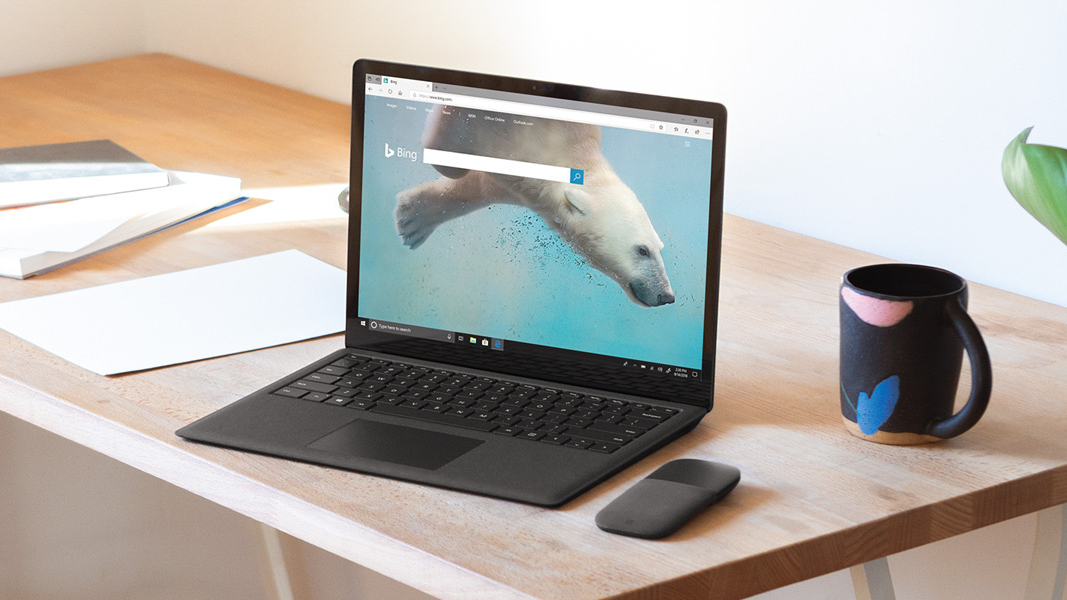
Sign up for breaking news, reviews, opinion, top tech deals, and more.
You are now subscribed
Your newsletter sign-up was successful
Microsoft’s latest bright idea when it comes to Chromium – which could benefit not just the revamped Edge, but also Google Chrome – is a method of better preserving battery life while streaming video in a browser.
The basic idea here is to eliminate what Microsoft describes as unnecessary disk caching when watching videos. As it stands, media content is added to the HTTP cache when fetching and playing video streams, and this scenario has its drawbacks.
- How to fix Google Chrome
- Here’s why Chromium-based Edge is great news for Chrome
- We’ve picked out the best web browsers of 2019
In a Github post (spotted by Windows Latest), Shawn Pickett, a senior software engineer at Microsoft, explains that streaming media content being cached to disk during video playback means that the disk is kept active, and that obviously uses power. Furthermore, it can potentially prevent power-saving modes from being enabled by the OS, too; a double-whammy.
Therefore the theory is that preventing media content being cached to the disk will result in better battery life for those watching videos on their laptops while out and about.
Pickett further qualifies that this change would target and be optimal for typical video playback scenarios, where the viewer is mostly just watching, and perhaps occasionally rewinding slightly. In these situations, there would be no drawback to preventing disk caching and reaping the battery saving rewards therein.
He notes: “Since the existing Media Source implementation already maintains the most recent content in memory, the user will still be able to engage in common scenarios such as scrubbing backwards a couple of seconds during playback without needing to re-acquire the content from the network. The existing seek responsiveness will be maintained in these cases.”
Re-Rewind...
What if the viewer wants to rewind further, way back in the video? In this case, the recent content in memory wouldn’t suffice, but instead of retrieving from the disk cache, a network call could be made.
Sign up for breaking news, reviews, opinion, top tech deals, and more.
Pickett observes: “This would be the same impact as in cases today where the content has already been evicted from the disk cache: The seek responsiveness will be network-bound, rather than disk-bound.”
The upshot is that this might result in slightly slower performance when skipping about extensively within a video, but you’d still get a net positive result in terms of power saving, and thus better battery longevity. And overall, the trade-off is likely worth it.
Microsoft’s own testing indicates a 62mW improvement in terms of better power efficiency, with disk write activity dropping by some 309KB/sec. Small savings which will add up, particularly over longer video viewing sessions.
There’s no guarantee that Microsoft’s proposal will actually be implemented yet, but fingers crossed that it proves viable, because any battery improvements are always welcome. And these benefits will be felt across all Chromium browsers, not just the new Edge.
- Surf the web on one of our best laptops of 2019
Darren is a freelancer writing news and features for TechRadar (and occasionally T3) across a broad range of computing topics including CPUs, GPUs, various other hardware, VPNs, antivirus and more. He has written about tech for the best part of three decades, and writes books in his spare time (his debut novel - 'I Know What You Did Last Supper' - was published by Hachette UK in 2013).